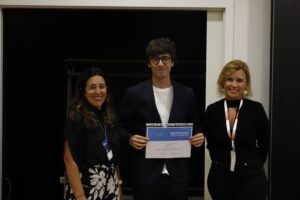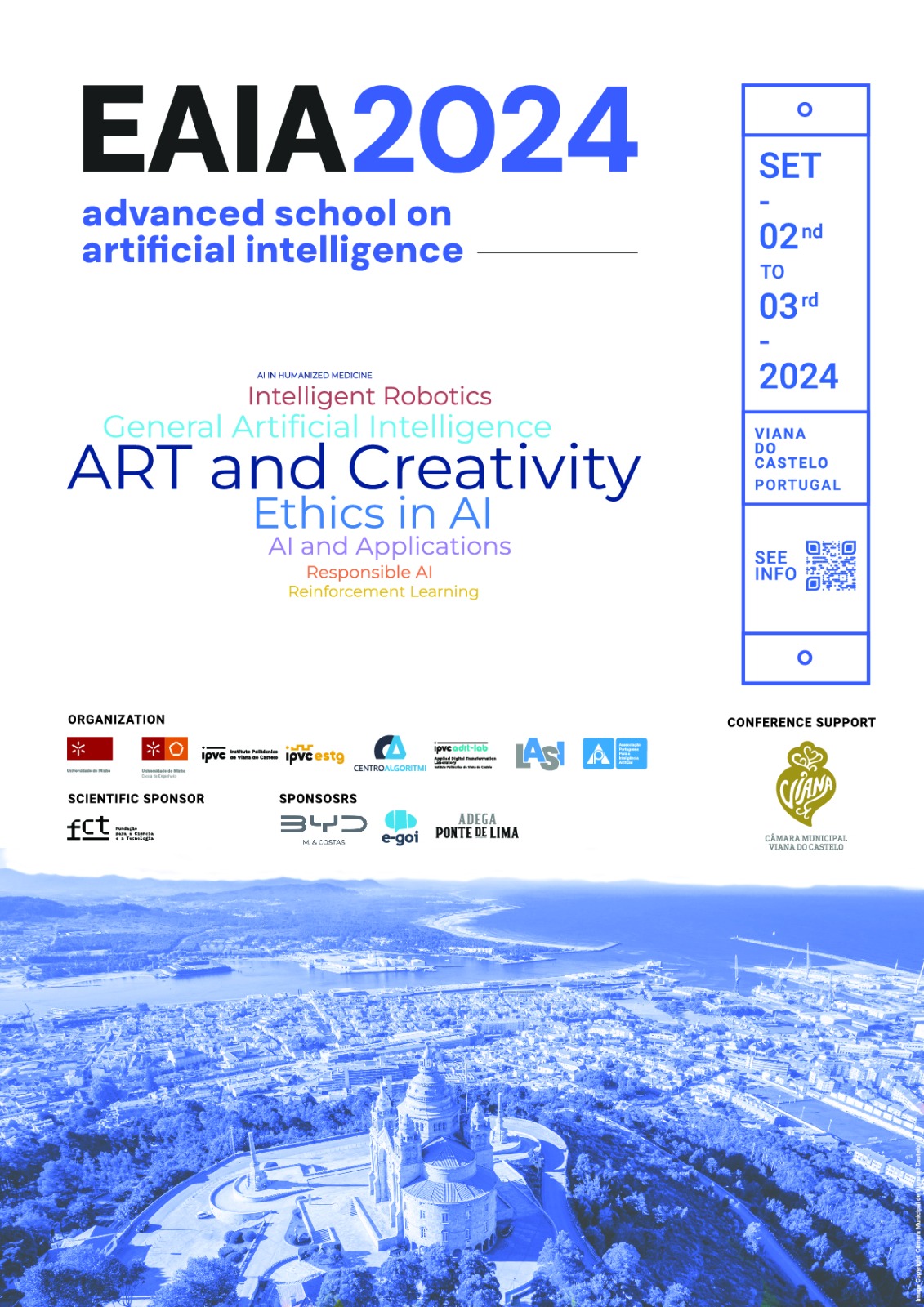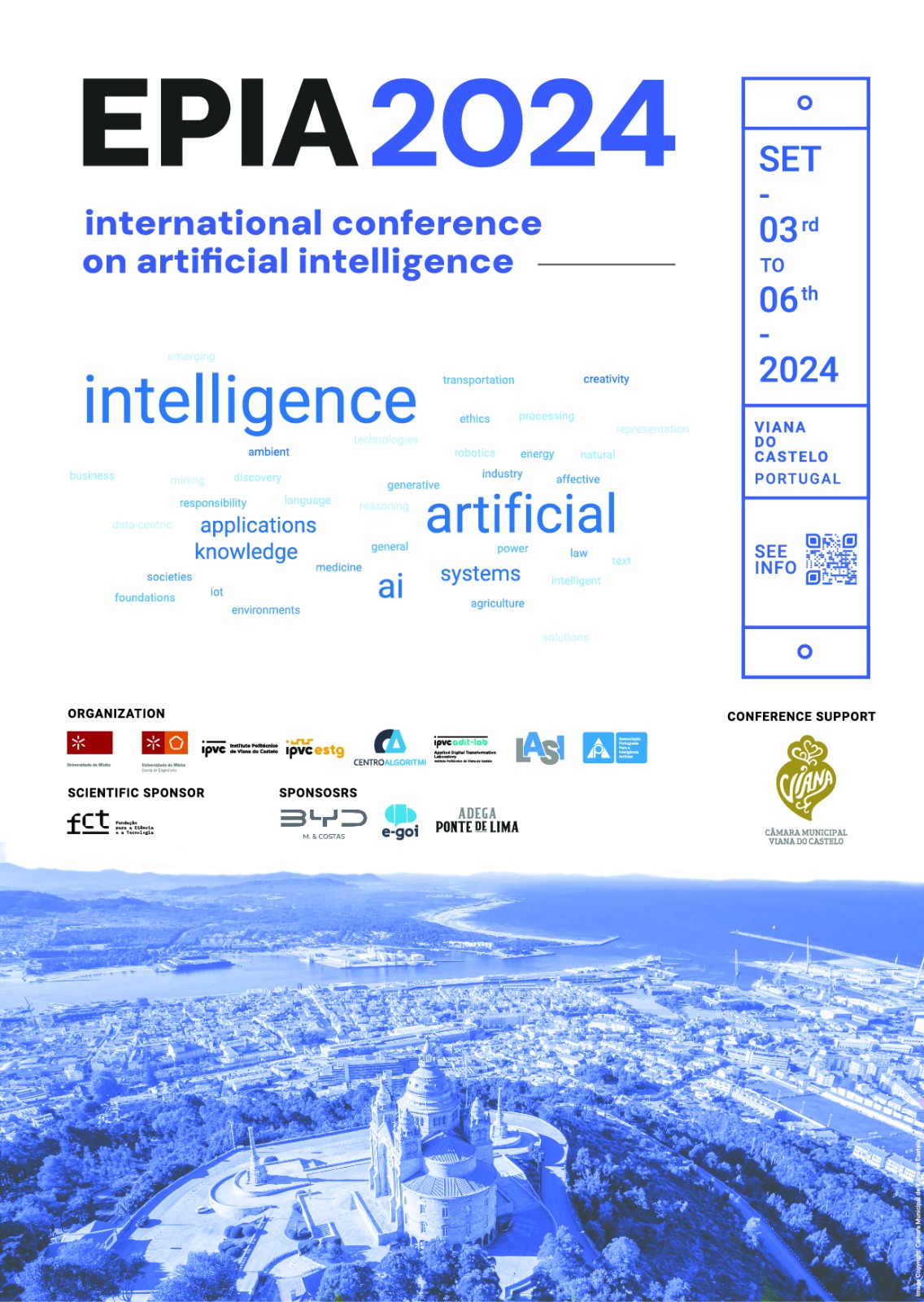Honoured by APPIA on EPIA 2024
It is a great honor to gather here to recognize the professors and researchers who have had a significant impact on both APPIA and the development of artificial intelligence in Portugal.
In the past, we have had the opportunity to honor other founders and pioneers of AI in Portugal, such as Professor Eugénio, who is here with us today, as well as Professor Helder Coelho, professor Moniz Pereira, Professor Pavel, professor Maia Neves between others.
Throughout the years, these professors and the ones we are honoring today, have not only advanced knowledge in our field but also helped train new generations of researchers and professionals. Their dedication and leadership have left a lasting legacy.
However, their contributions are far from over. As they move into this new phase, their expertise and insights remain critical to our community. We still need their guidance and support as we face new challenges in AI, and their continued involvement will be key to our progress.
So, we not only celebrate their past achievements but also acknowledge the important role they still play. Now, I invite my colleagues from the APPIA board to join me in presenting the awards to these distinguished professors. This gesture reflects our deep appreciation and serve as a reminder of the deep respect and admiration we hold for each of you, and of how much your continued presence means to us.
the honoured are:
Amilcar cardoso
António Porto
Bernardete Ribeiro
Ernesto costa
João Gama
João pavão martins
Pedro Barahona
Gabriel Pereira Lopes
Thank you.
Amilcar Cardoso
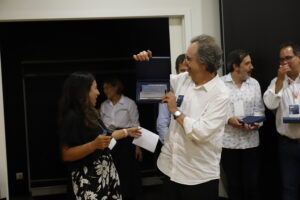
António Porto

Bernadete Ribeiro

Ernesto Costa

João Gama

João Pavão Martins
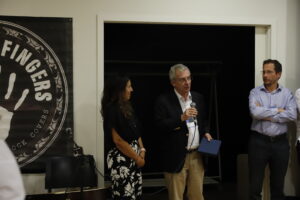
Pedro Barahona

Gabriel Pereira Lopes

Parabéns mais uma vez!









